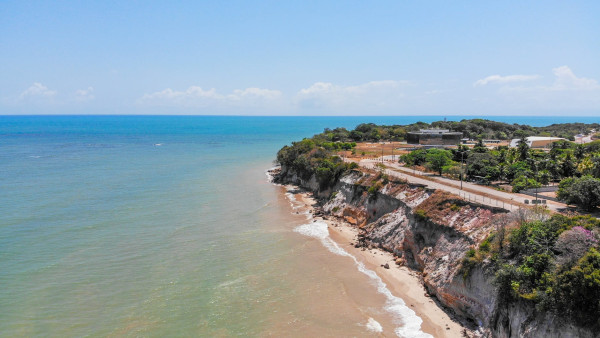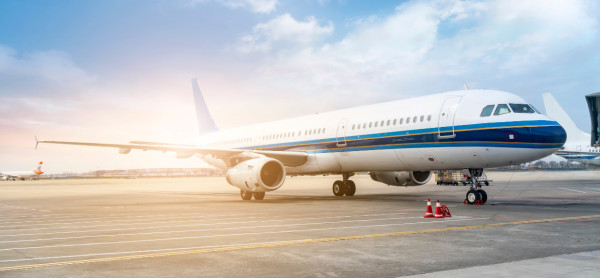
The cycle network of the city of João Pessoa increased by 30.8 kilometers between 2017 and 2018, representing an increase of 75.6% in one year.
This is shown by the G1 and GloboNews surveys with the municipalities of the 26 cities and the government of the Federal District.
In July this year, the rail network of the capital of Paraíba reached 71.5 kilometers. By 2017, the mileage was 40.7 kilometers. At the national level, the increase was 133% in four years, reaching a mileage of 3,261 days for bicycles.
This increase caused João Pessoa to leave the 9th to 15th capital cities with the country's lowest cycle network. In addition, in relation to total mesh, the city only a small percentage, of 2.86%, however, very close to the national average, of 3.07%.
The survey of the G1 still showed that the capital of Paraíba has 11,358 inhabitants for each kilometer of cycleway network.
Thiago Herick de Sá, a technician from the Department of Public Health, Environment and Social Determinants of Health of the World Health Organization (WHO), proposes four actions to improve urban mobility in cities in the future.
"First, we have to involve society as a whole from the outset in the planning of public mobility policies, in particular in supporting the use of the bicycle. This is a fundamental aspect.
The second aspect is to make a very careful assessment of the impact of these policies on health, on the economy, on reducing health spending for the population as a whole. The third is to have intersectoral work.
Bring the health sector, bring the transportation sector, energy, urban planning. We need everyone at the same table to build this systemically and in an integrated way. The fourth element is to build with society a vision of the future, "he says.
Source: G1 Paraíba (https://g1.globo.com/pb/paraib... -a-ano.ghtml)


